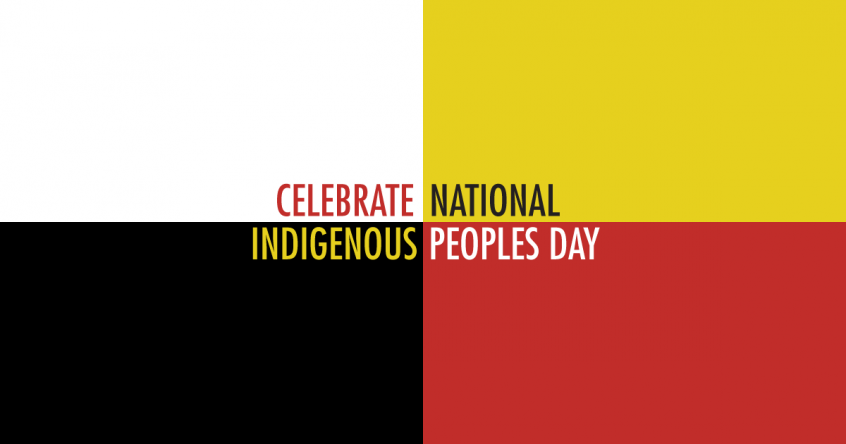As Canada’s largest union, we acknowledge that because of these ongoing events, it is more important than ever to respect the rights of Indigenous peoples to their unceded territories, as well as to preserve and protect their cultures and languages. CUPE stands in solidarity with Indigenous nations, communities, and organizations and is committed to continuing to work towards reconciliation and respect our ongoing treaty relationships.
Our union is striving to educate CUPE members on the legacy of the residential school system and the ongoing harm Canada’s assimilationist policies and laws have on Indigenous peoples.
CUPE’s new guide, Truth and reconciliation: CUPE taking action through collective bargaining, is a resource that supports locals in working towards reconciliation by bargaining language supporting Indigenous workers into collective agreements.
In 2019, CUPE released Walking the talk: A practical guide to reconciliation for CUPE locals. This guide provides CUPE members with key resources to better acknowledge and include Indigenous members in our union, and to help locals take concrete action towards reconciliation with Indigenous peoples.
As part of our ongoing efforts to foster reconciliation in our workplaces and communities, we encourage all members to participate in National Indigenous Peoples Day by sharing in the events of the day. But we can do more. CUPE encourages members to take some time to learn and reflect on the ongoing harm caused by colonialism and Canada’s treatment of Indigenous peoples.
Today, we are launching the first phase of our Water is life campaign, starting with educational materials to raise awareness of the impacts of not having access to safe drinking water for Indigenous peoples in Canada. Check out our brand-new fact sheet and resource list.
We know that the COVID-19 pandemic has drastically altered the ways people interact, but it is now even easier to attend events related to National Indigenous Peoples Day through virtual platforms, while some in-person events are returning this year as well.
What CUPE locals and members can do:
Educate:
- Read the Truth and Reconciliation Commission Final Report and consider how you can support the calls to action.
- Invite a speaker to your next virtual or in-person meeting to talk about truth and reconciliation.
- Ask for CUPE’s Indigenous Awareness workshop and our human rights course. Find out more at cupe.ca/union-education.
- Read CUPE’s response to the Final Report of the National Inquiry into Missing and Murdered Indigenous Women and Girls.
Bargain:
- Make employment equity a bargaining priority.
- Bargain Indigenous-inclusive language into your local’s collective agreement, using CUPE’s Truth and Reconciliation bargaining guide as a resource to help you get started.
Act:
- Acknowledge Indigenous territory at all of your meetings and reach out and forge partnerships with local Indigenous communities and organizations.
- Keep pressure on the federal government to implement their action plan to address the findings of the Final Report of the National Inquiry into Missing and Murdered Indigenous Women and Girls.
- Take the steps outlined in Walking the talk: A practical guide to reconciliation for CUPE local

